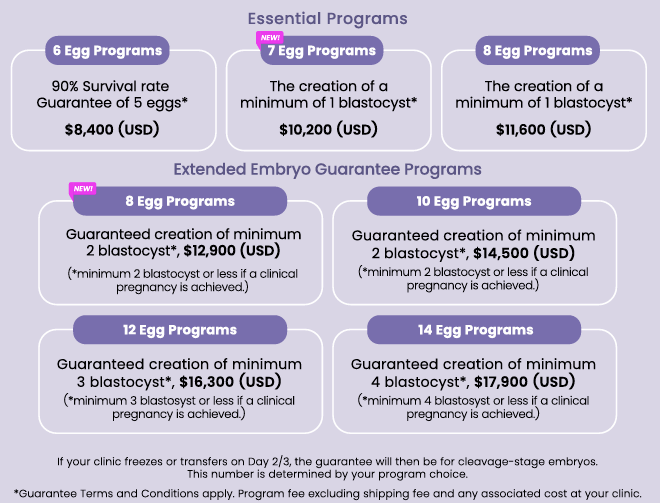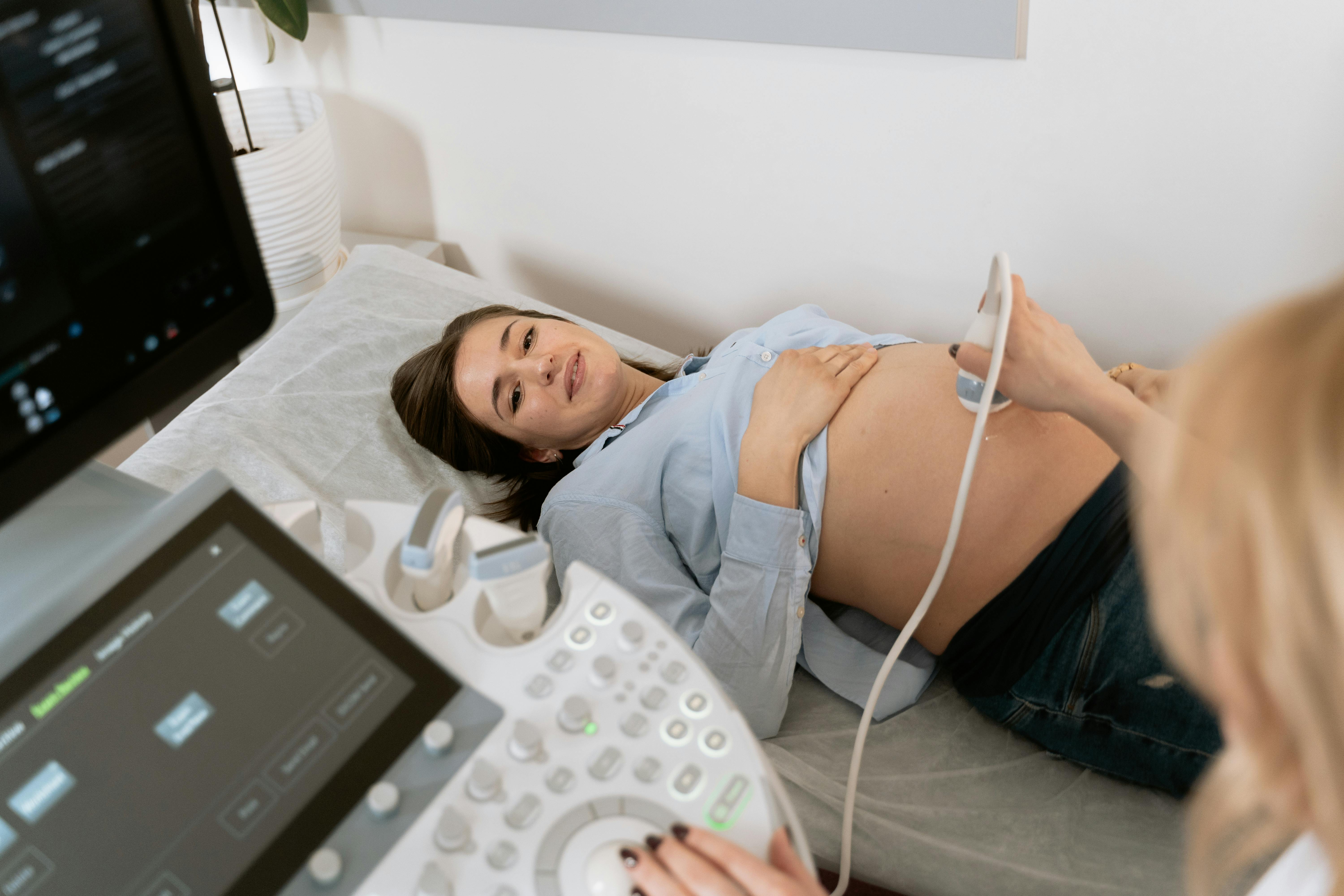Researchers from San Francisco’s Laboratory for Reproductive Medicine and Immunology evaluated over 150 pregnancies in an attempt to identify molecules in the blood which could serve as predictors for risk of miscarriage and/or premature birth. The results were presented at the ASRM annual congress, which took place in San Antonio, Texas.
The outcome of their efforts is a new blood test performed during the first trimester (up to the end of week 12) that, experts say, can accurately predict complications (including possible pre-eclampsia) in 98% of cases.
What is pre-eclampsia?
Pre-eclampsia is a condition that affects approximately 10% of all pregnancies, and approximately 20% of first-time pregnancies. It is characterised by hypertension and proteinuria. While most cases are mild, severe forms can be fatal to both mother and baby.
While the causes are yet unknown, experts have, over the years, identified risk factors, which include obesity, diabetes mellitus, family history, pregnancy at an older age, and having renal disease and/or suffering from hypertension.
Reducing the risk of miscarriage
According to statistics, close to 25% of all pregnancies are miscarried, and 8 of every 10 miscarriages occur during the first trimester. The new test, which can accurately predict the risk of miscarriage, has been hailed by fertility specialists around the world, who believe it has the potential to save many pregnancies (both natural and achieved with the helop of assisted reproductive technology).

















